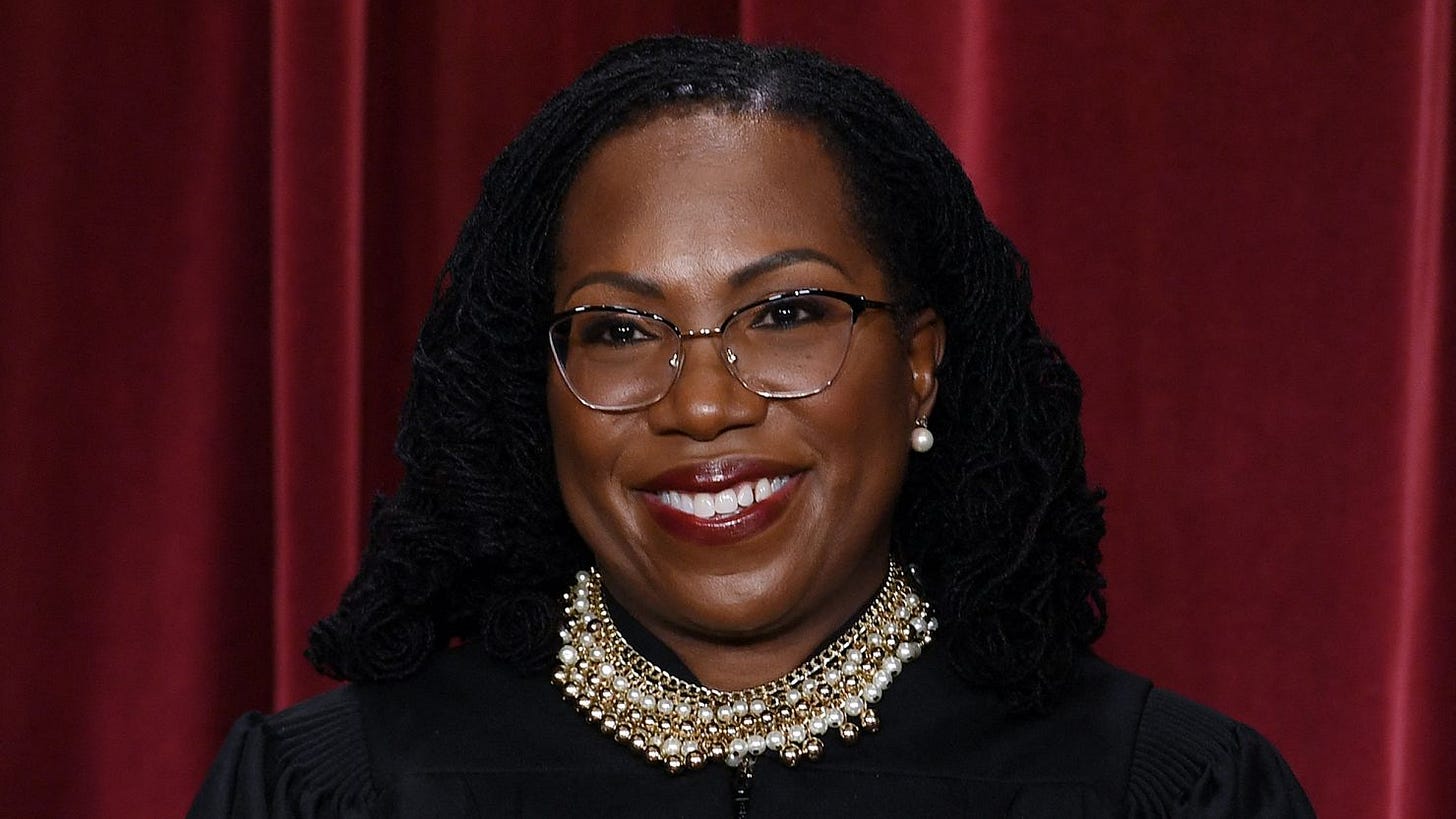Justice Jackson Flexes Independent Judgment Amid Supreme Court’s Conservative Shift
Key Dissents
1. Hewitt v. United States (June 26)
Jackson authored the majority opinion in a closely divided 5–4 ruling affirming that the First Step Act’s more lenient sentencing rules apply even to those resentenced after their original sentences were vacated .
— Joined by Sotomayor, Kagan, Roberts, and Gorsuch in part, she rooted her decision in legislative history, clarifying that Congress intended broader application of the reform statute with future sentencing in mind .
2. Riley v. Bondi (June 26)
In a sharply split 5–4 case on appellate deadlines in immigration proceedings, Jackson sided with Sotomayor and Kagan in dissent. They contended the Court’s interpretation made no practical sense, forcing challengers to file appeals before final determinations were even issued.
Independent Streak Unleashed
Justice Jackson’s dissents haven’t been limited to routine disagreements—she’s positioned herself as the Court’s clearest counterweight to its conservative majority.
— In recent months, her growing critique—calling out perceived “lawless bias” in solo dissents—set off sharp responses, even prompting Justice Barrett to rebuke her .
What It Means for Our Readers
First, Jackson’s voice is increasingly distinct, rooted in precedent and legislative history rather than ideological sway.
Second, her opinions reflect a serious defense of statutory intent and procedural fairness, especially for those affected by criminal justice and immigration rulings.
Finally, she’s also signaling early resistance to the Court’s trend toward limiting the power of private legal action, a key concern in the broader fight over civil rights enforcement.
---
Bottom Line
Justice Jackson is emerging as the most independent voice on the Court—unafraid to stand alone when her reading of the law diverges from ideological alignment. For communities of color and justice advocates, her legal reasoning offers both validation and a bulwark in an era of heightened judicial skepticism.


